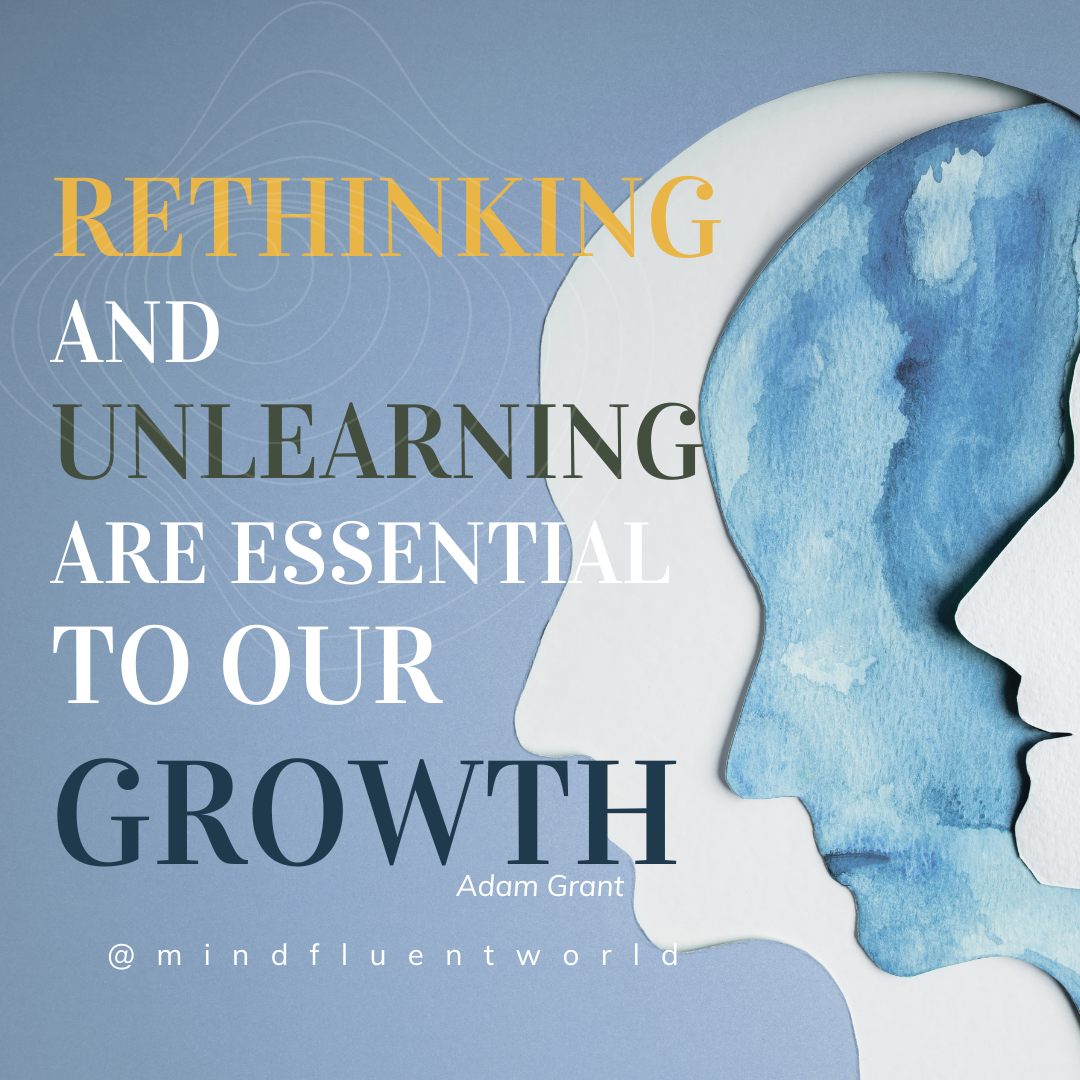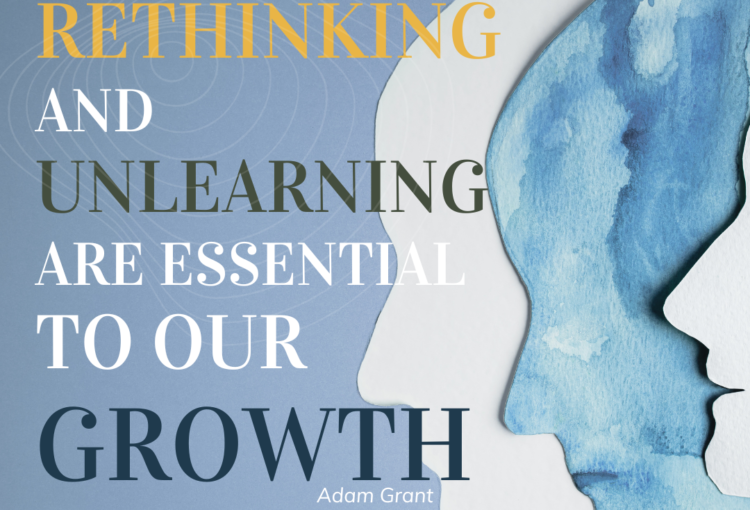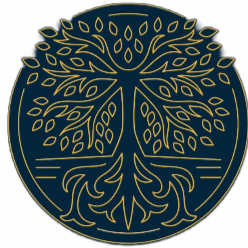
What if you are wrong?
What if you are wrong?
“The line separating good and evil passes not through states, nor between classes, nor between political parties—but right through every human heart—and through all human hearts.”
— Aleksandr Solzhenitsyn
Intelligence is traditionally viewed as the ability to think and learn. Yet in a turbulent world, there’s another set of cognitive skills that might matter more: the ability to rethink and unlearn. Questioning ourselves makes the world more unpredictable. It requires us to admit that the facts may have changed, that what was once right may now be wrong. Reconsidering something we believe deeply can threaten our identities, making it feel as if we’re losing a part of ourselves.
You could be wrong. No; make that you are wrong. About important things. And, yes, so am I.
And, if you are wrong – since you are wrong – it is important to find out where you are wrong, as quickly as possible, and fix it. Because, once you fix this one thing that you are wrong about – once you change your thinking, and get closer to being right – then there will be the next thing to discover that you are wrong about.
There is so much we do not know. And we are all wrong about some things. Our inability or unwillingness to seek out ways we are wrong will keep us wrong. And that is a bad idea. Rethinking – thinking again – is the only path to getting more things right.
This has to be thought as a process. We don’t ever know things in a final state, we only know certain parts of the things, therefore our knowing is a continuous process, and in this aspect we get to understand the idea of the process of learning.
Part of the problem is cognitive laziness. Some psychologists point out that we’re mental misers: we often prefer the ease of hanging on to old views over the difficulty of grappling with new ones.
Most of us take pride in our knowledge and expertise, and in staying true to our beliefs and opinions. That makes sense in a stable world, where we get rewarded for having conviction in our ideas. The problem is that we live in a rapidly changing world, where we need to spend as much time rethinking as we do thinking. Unfortunately, when it comes to our own knowledge and opinions, we often favor feeling right over being right.
“Evil people do not believe they are evil, they believe everyone else is evil.”
— David Foster Wallace
Think of a moral cause you believe in. As a thought experiment: what if that cause was actually making you a worse person? What would that look like? Is that a possibility?
When we pose ourselves such questions we open the ability to challenge our views and our beliefs on many segments of our own existing paradigms inside us. And in order to grow we must go through this process, i.e. we need to constantly challenge and rethink our beliefs and our stances.
One of the leading psychologists of the modern times, Adam Grant, in his book: “Think Again” demonstrates with unmatched skill and competence, the need to think again and to continuously check our facts and accumulated knowledge. He argues that Rethinking and Unlearning are essential to our growth. Rethinking includes changing our minds, shifting our perspective, considering new information, and being willing to come to a different conclusion, solution, or point of view. Unlearning includes letting go of past perspectives. This might include recognizing the faults in lessons we have learned coming from poor sources, new evidence, past hurts, or our own internalized socialization.

He also argues that we need to be always determined to think in the mode of a scientist, he recommends to do thinking again is to think like a scientist. A scientist has questions, considers the evidence, holds any assumptions loosely, and tests those assumptions out. Grant contrasts thinking like a scientist with patterns we often fall into; preacher, prosecutor, or politician. A preacher tries to convince others they are right. A prosecutor tries to prove others are wrong. A politician tries to win the approval of their audience.
Perhaps the hardest mental exercise for any of us to do is to take a critical look at our own different beliefs and question whether they are correct and/or helpful to us and the world. But today, I want to challenge you to do that. Not only is it healthy in a modern, diverse, and democratic society, but it is a necessity for our own mental health.
Think of some belief you hold (or held) as sacred. What if it was wrong? What would that mean? Write out your answer and see how it makes you feel.
“People who care more about being right than ending right prove just how wrong they were all along.”
Lysa TerKeurst
©Mindfluent World

